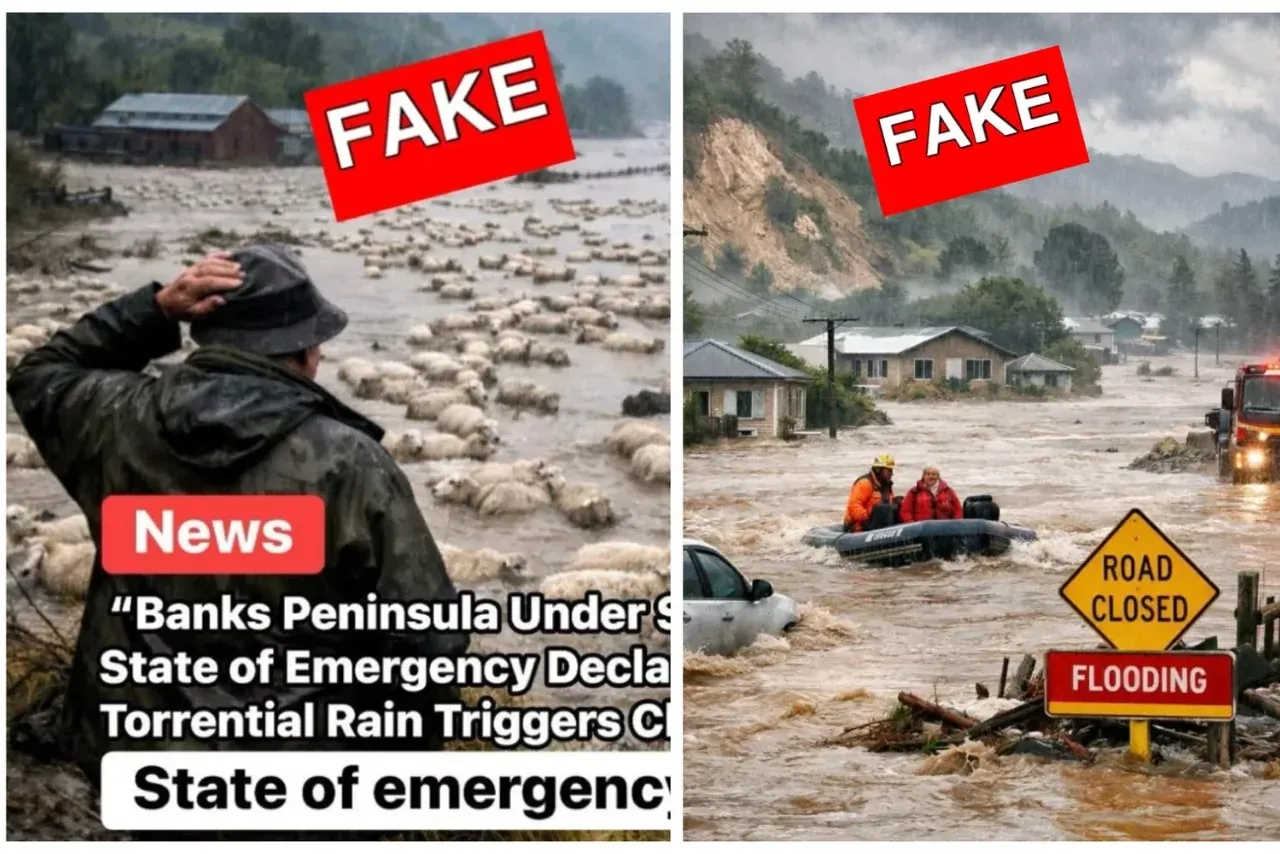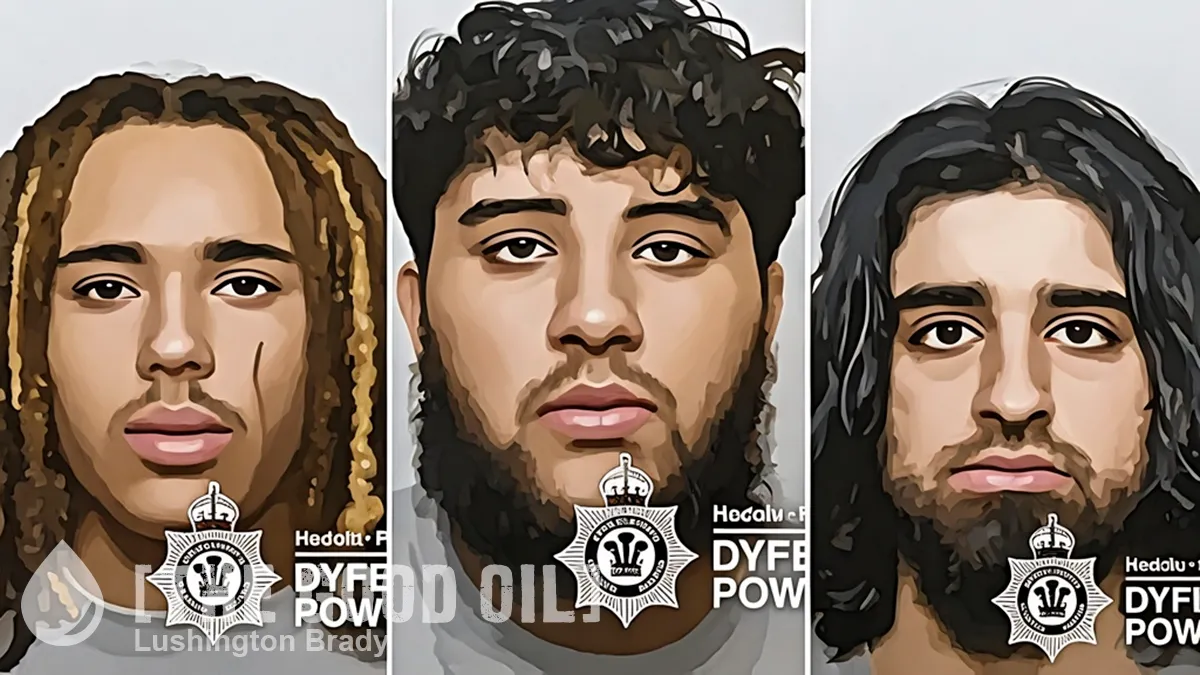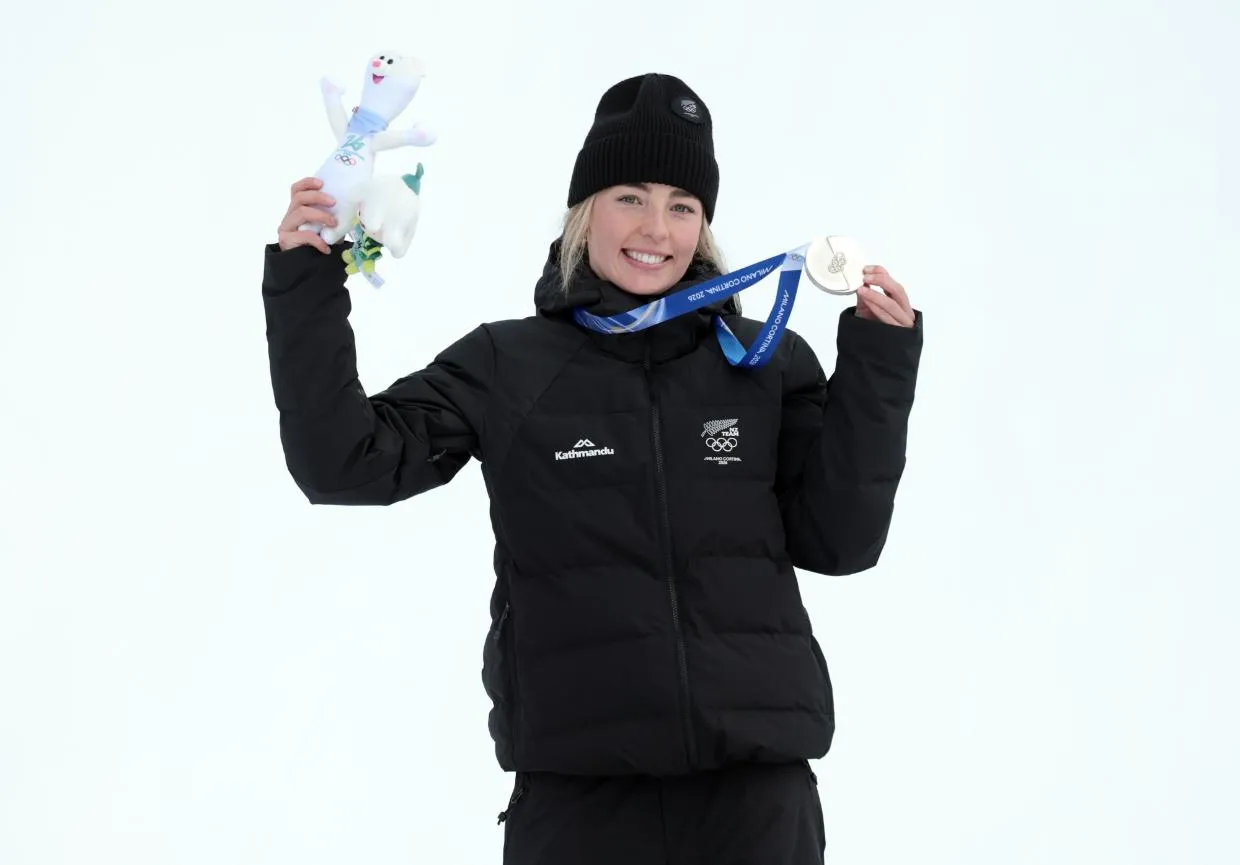Table of Contents
Graham Adams
Graham Adams is a freelance editor, journalist and columnist. He lives on Auckland’s North Shore.
Last week, Mihingarangi Forbes made an extraordinary claim while interviewing David Seymour on Mata Reports, a taxpayer-funded current affairs programme which, she says, looks at events through an “indigenous lens”.
She asked him about Act’s links to the Atlas Network, which fosters connections between centre-right think tanks around the world. When Seymour expressed his incredulity and disappointment that she was raising a “conspiracy theory”, she defended her line of questioning with: “My role is to ask questions on behalf of other people.” In fact, at that moment, Forbes closely resembled an arsonist asking a fire crew if they could help her find out more about how a blaze had started when she had lit it herself. In effect, she was asking Seymour to respond to insinuations she herself had made in her earlier 25-minute documentary on the proposed Treaty principles referendum.
Released in late December, “Trick or Treaty?” was funded by NZ on Air and Te Mangai Paho, and can be best described as agitprop. In it, Forbes tried to establish sinister links between the Atlas Network and the defeat of the “Yes” campaign in Australia’s Voice referendum. The vote was held last October to decide whether the Constitution should be changed to grant Aboriginals and Torres Strait Islanders an advisory body to Parliament.
Despite commanding 75 per cent support, according to Forbes, in mid-2022, the proposition was decisively beaten 60-40 on October 14, and failed to gain a majority in any of the nation’s six states. Forbes and her interviewees attributed this collapse in public approval to the influence of well-funded, neoliberal lobby groups which had instilled fear in Australian voters.
The first culprit to be singled out for attention in the programme was the prominent “No” campaign lobby group Advance Australia, “bankrolled by some of Australia’s richest people”.
However, this was only the prelude to introducing the Atlas Network — which Advance Australia was alleged to be linked to. Dr Jeremy Walker, a political scientist at the University of Technology Sydney who “studies the Atlas Network”, told us it was established in 1981 “to promote free-market policies around the world” and that some of its funding comes from “oil and gas interests”.
Walker: “One thing that is consistent across all of these Atlas Network think tanks is that they will oppose anything that gets in the way of the fossil-fuel industry — whether it’s climate policy or indigenous land rights.”
Establishing the malign influence of the Atlas Network over The Voice referendum was, however, not the real point of “Trick or Treaty?”. Its ultimate aim was to use its gossamer-thin analysis of Australia’s referendum to insinuate that the very same shadowy forces were already operating in New Zealand to convince voters to support Seymour’s proposed Treaty Principles Bill and referendum. Unfortunately, these allegations rested on nothing more substantial than the fact organisations such as the Taxpayers’ Union are network partners.
As pollster David Farrar noted on The Platform, these connections have about as much significance as environmental groups allying themselves with the Climate Action Network, which describes itself as a “global network of more than 1900 civil society organisations in over 130 countries driving collective and sustainable action to fight the climate crisis and to achieve social justice”.
The overriding impression gained after watching both “Trick or Treaty?” and the interview with Seymour is that Forbes must assume her audience is so uncritical it won’t notice the dubious logic and facts she employs to bolster her shaky case.
It beggars belief, for example, that a prominent broadcaster would seriously ask the leader of a political party whether he had “taken advice” on the Treaty from the Atlas Network because he had attended a meeting last year organised by the Taxpayers’ Union.
The “advice” was allegedly tendered by British journalist, university lecturer and long-time Conservative politician Lord Daniel Hannan, who was the guest speaker. “You went along to that function to listen to him where he talked about the Magna Carta and the treaties,” Forbes said as if she had produced the smoking gun in the scandal that is Atlas-gate.
“Oh, my god! The Magna Carta?” Seymour exclaimed. “Scandalous.”
Certainly, reading the chatter on left-wing sites as commenters excitedly marry the names and details of who once worked for whom among Atlas Network partners, it is hard not to conclude Forbes may have been less cynical about her audience’s critical abilities than prescient.
It is, of course, hardly news that before Seymour became an MP he worked for two conservative think tanks in Canada which at some point had been members of the Atlas Network. However, a self-professed libertarian working for libertarian think tanks before he entered politics is even less remarkable than Jacinda Ardern having been the President of the International Union of Socialist Youth from 2008 to 2010 while she was a Labour MP. It is what anyone would expect.
Forbes told Seymour she had “analysed the Yes campaign” in Australia in “Trick or Treaty?” She did to a point, but only in the most superficial and slanted way. She spoke to an indigenous activist, Thomas Mayo, and academic Jeremy Walker, both of whom predicted grim days in New Zealand for Seymour’s opponents as the Treaty principles debate progressed.
When Forbes asked Walker whether “we should be worried about a Treaty referendum”, he warned that the campaign supporting it “will be relentless, it will be very well funded, and it will be dark”.
The evidence for the notion that the Atlas Network is busy trying to influence the Treaty principles debate in New Zealand is mainly provided by “investigative journalist” Josh Drummond. His wiring diagram linking centre-right politicians and an array of think tanks and lobby groups — including the Taxpayers’ Union and the NZ Initiative — was presented proudly on screen like an earnest student’s school project.
When Forbes asked: “How do they get their point across?”, Drummond said they are successful because they “take advantage of how the media works” by energetically submitting articles for publication and they will “always pick up the phone, always deliver a soundbite” to journalists.
Even viewers who may be open to accepting the overall thesis of “Trick or Treaty?” are likely to conclude that, as far as subversive tactics go, Drummond’s account of their MO really doesn’t sound all that sinister.
Unfortunately, it appears Forbes not only assumes her audience is uncritical but also ill-informed. Every major Australian news outlet in the run-up to the referendum publicised the eye-watering amounts of money that major businesses pledged to the “Yes” campaign. Some estimates put the total in the tens of millions of dollars. And, ironically, the biggest donors included the big oil and gas producers.
BHP and Rio Tinto donated $A2 million each, while resource giants Woodside Energy, Newcrest and Origin Energy, among others, publicly advocated for the “Yes” vote. The Minerals Council of Australia backed it too.
That Forbes failed to mention these well-established facts about corporate Australia’s enthusiasm for the “Yes” campaign while she pumped the narrative that a sinister and secret conspiracy with links to the oil and gas industries had propelled the “No” side to success is a sorry indictment of the programme’s integrity.
You might have imagined, too, that a responsible journalist keen to suggest a foreign-domiciled organisation was intent on deviously swaying opinion in a major constitutional debate in New Zealand would have at least approached its principals, to give them the chance to confirm or deny the claims made about them. You might also have thought that TVNZ’s lawyers would have insisted on it.
However, New Zealander Debbi Gibbs — who is the chair of the Atlas Network, headquartered in the US — told The Platform that Forbes had not contacted her for comment.
Asked whether Atlas had put any money into supporting David Seymour’s campaign on the Treaty principles, or whether it intended to, she replied:
“We don’t make donations to campaigns, candidates, or parties. Additionally, none of the partners in our Network are political parties. They are all independent, non-governmental, civil society organisations.
“We have just finalised the figures for the 2023 Annual Report that is not yet published, and we spent a total of $62,000 on grants to partners in Australia and New Zealand… You can see examples of the projects we have supported on our web site.”
A quick look at the Atlas Network website would have told Forbes as much. It states:
“The Atlas Network is a non-partisan organisation. We do not get involved in elections, or in supporting particular candidates or political parties.
“After all, our goal is to persuade people of all backgrounds to value classical liberal principles and to consider policy reforms related to these principles. We see it as counter-productive to believe these principles can only be represented by specific candidates or parties.
“Any reporting that claims or implies that Atlas Network takes political positions — for example, by supporting or opposing particular candidates or parties — in the US or any other country is patently false and indefensible.”
In addition, Gibbs corrected two claims made or implied in the documentary: “Advance Australia is not an Atlas Network partner… and the statements made about the Atlas Network’s source funding are completely false.”
Perhaps the greatest irony of Forbes’ allegations about well-funded groups working behind the scenes to promote Seymour’s principles bill is that the $55 million Public Interest Journalism Fund, administered by NZ on Air, has been running for three years with explicit criteria about how the Treaty must be presented and promoted by successful applicants — namely as a partnership.
Whether the Treaty implies a partnership is, of course, one of the pivotal questions of the current debate. Seymour firmly rejects that interpretation.
“Trick or Treaty?” was funded by taxpayers’ money, but surprisingly NZ on Air doesn’t seem to have ready access to the exact amount the programme cost. The Platform’s request for that figure has been classed as an inquiry under the OIA, with a response promised “within the statutory timeframe”.
This column was first published at The Platform









